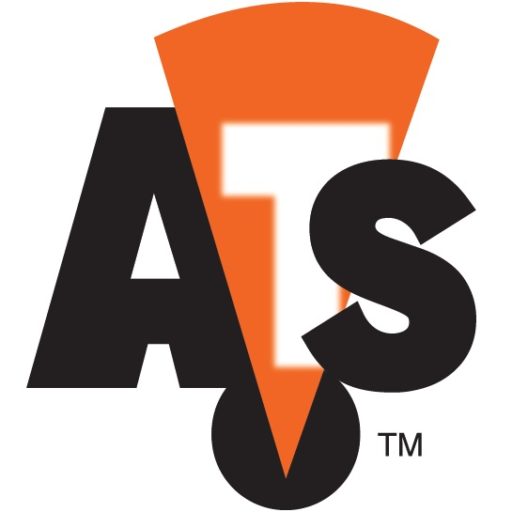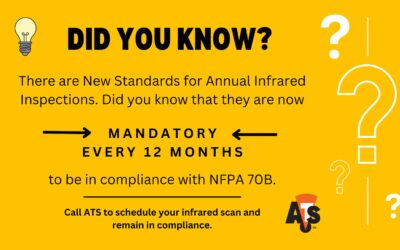You may have read in our marketing materials or noticed that many of our staff are either SMRP certified or Vibration Institute certified or both. In this blog post we’ll explain what that means for your manufacturing organization.
What is SMRP
The Society for Maintenance & Reliability Professionals (SMRP) is a nonprofit professional society formed by practitioners to advance the reliability and physical asset management industry and to create leaders in the field. The organization is completely independent and does not have ties to any commercial venture. I, Carl Schultz, am currently the conference chair for SMRP.
In addition to networking events, publications and other membership benefits, SMRP provides certification programs – through the SMRP Certifying Organization (SMRPCO) – to validate the skills of practitioners in the industry. Not only does this give these practitioners an edge when applying for jobs in the maintenance and reliability industry, many job descriptions require this certification as a qualification. The certifications provide many benefits to the manufacturing organizations that work with SMRP-certified professionals and technicians.
Types of Certifications
SMRP offers two types of certifications – the Certified Maintenance & Reliability Professional (CMRP), and the Certified Maintenance & Reliability Technician (CMRT). CMRP and CMRT certifications are the #1 credentialing programs for validating the knowledge, skills and abilities of maintenance and reliability professionals and technicians.
CMRP Certification validates skills in business and management, manufacturing process reliability, equipment reliability, organization and leadership, and work management. Whereas the CMRT exam validates skills in maintenance practices, preventive and predictive maintenance, troubleshooting and analysis, and reactive maintenance.
What certification means for your Manufacturing Organization
When you hire a firm with SMRP-certified staff you know they have been tested against consistent, well-defined standards and capabilities that maintenance and reliability practitioners should have to be effective. Certification is a way to differentiate those who demonstrate excellence in maintenance and reliability from those who just have a job in the industry.
Leading organizations in manufacturing and service delivery, utilities, government activities and in the academic world work with SMRP to continue to develop the certification process.
As if all this weren’t enough, SMRPCO is accredited by the American National Standards Institute (ANSI) which uses the International Standards Organization (ISO) guidelines in ISO/IEC Standard 17024) for accreditation of certifying activities as its guide. No other certification organizations in the field of maintenance and reliability hold this accreditation.
Re-Certification
Certification for CMRP’s and CMRT’s is more than just a piece of paper for their walls. Each certified practitioner must re-certify every three years. Re-certification assures those they work with that they are adhering to the SMRPCO Code of Ethics, as well as continuing personal and professional development.
Before you hire a maintenance professional or contract with a firm to manage your PdM program, check out their credentials. Your productivity and profitability depend in large part on the condition of your equipment. You should put your trust in those that the industry has validated as masters.






0 Comments